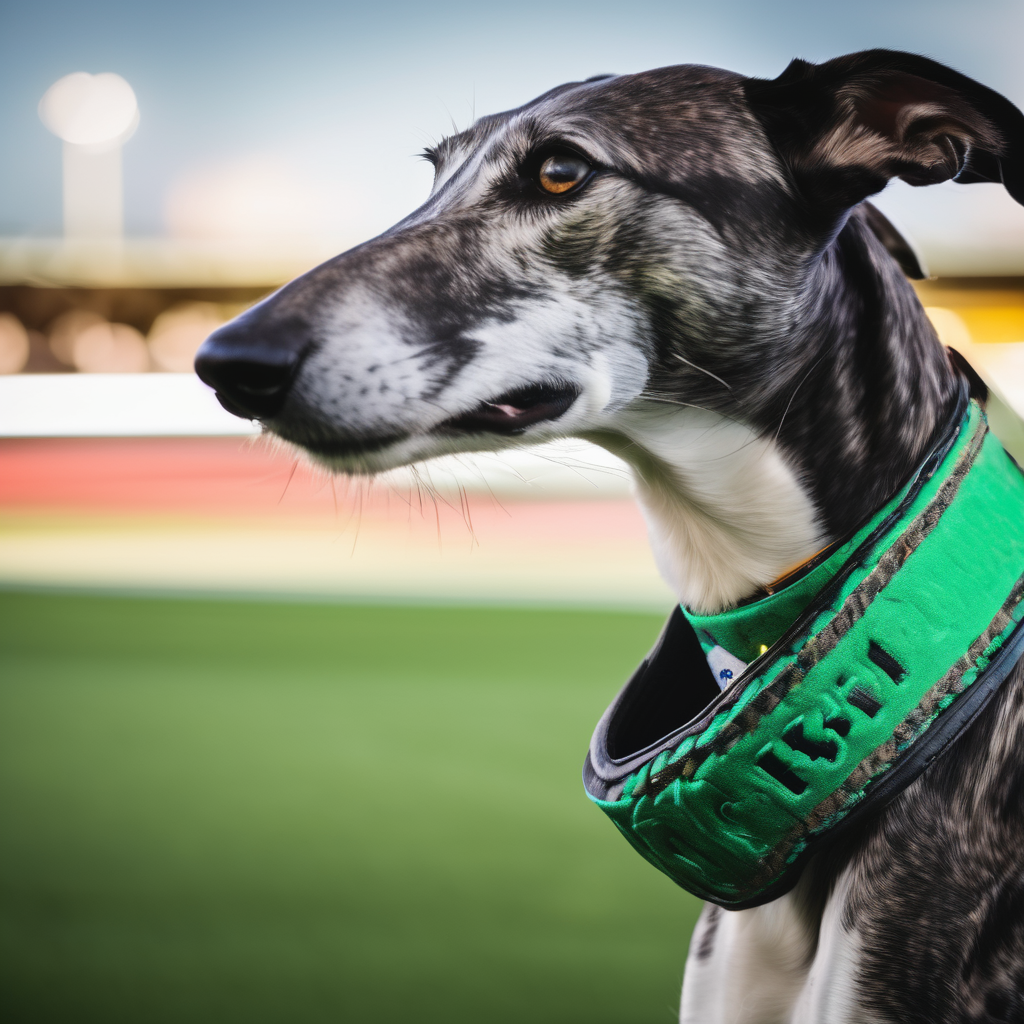The greyhound racing industry is vocally opposing a proposed ban on the sport in Wales, asserting that recent data indicates a significant improvement in animal welfare, with reported deaths more than halving and injuries decreasing considerably in the past year. Mark Bird, the chief executive of the Greyhound Board of Great Britain (GBGB), challenged animal welfare organizations for what he described as reliance on outdated or misleading information to advocate for the ban.
The Welsh Government has presented a draft law aimed at prohibiting greyhound racing, which threatens to shut down the last operational track, Valley Greyhound Stadium in Ystrad Mynach. During a recent session with the Senedd committee, Mr. Bird emphasized that the GBGB-regulated status of the Valley stadium since 2023 has led to notable advancements in animal welfare practices.
Labour politician Lee Waters queried the Welsh Government’s use of GBGB data on dog injuries and fatalities as a foundation for the proposed phased ban, set to unfold by 2030. Mr. Bird defended the industry’s record, citing that, overall, the fatality rates have fallen significantly, with the average number of dogs put down at tracks dropping substantially.
The testimony also revealed concerns regarding the transparency of data regarding specific tracks, with Mr. Bird indicating the regulator’s reluctance to disclose detailed numbers for fear of attracting unwanted attention from activists. However, Mr. Waters pressed for this information, highlighting the public relevance amidst the proposed ban.
Mr. Bird shared that the chances of a dog experiencing an injury during a race stood at just 1.29%, with the Valley track being closely monitored through frequent inspections and the presence of veterinarians at every event. Simon Franklin, chair of the Racecourse Promoters’ Association, noted that the industry is perhaps too transparent when reporting non-career-ending injuries.
In defense of the sport, GBGB director Madeleine Campbell argued against the ethical opposition to using animals in sports, drawing parallels with animal use in food production and other areas. She asserted that the proposed bill might fail to enhance the welfare of greyhounds throughout their lifetimes.
Katie Bennison, general manager of Valley Greyhounds Stadium, provided insight into attendance figures, noting a small but consistent audience at regular races. Richard Brankley, representing Satellite Information Services (SIS), emphasized that greyhound racing from the Valley attracts significant viewership, with hundreds of thousands watching remotely, underlining the economic stakes involved in the proposed prohibition.
Mr. Bird acknowledged a decline in the sport’s popularity compared to its peak post-World War II, attributing this shrinkage to urban development and changing demographics in areas that once supported multiple tracks. He insisted that while the number of greyhound tracks has decreased, the sport remains viable and sustainable.
Looking ahead, Mr. Bird cautioned that driving greyhound racing underground could create more significant issues than currently faced, highlighting the ongoing debate over the balance between animal welfare and the tradition of greyhound racing in the UK. The testimony reflects a complex landscape where the welfare of greyhounds and the sport’s future are at odds, inviting further discussion on the implications of such a ban.
